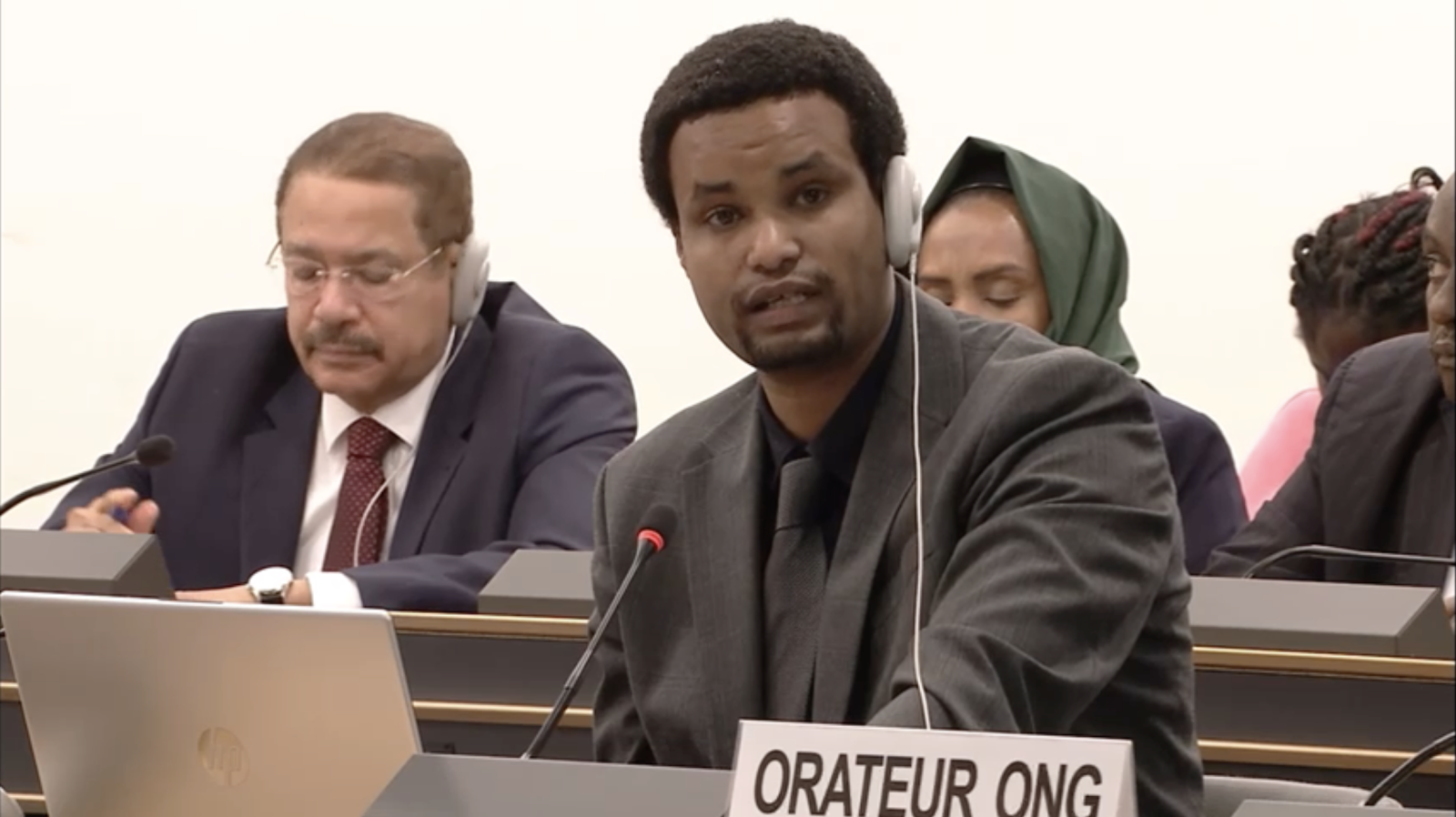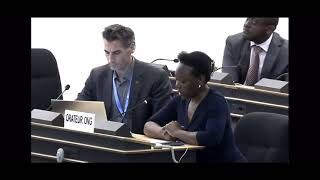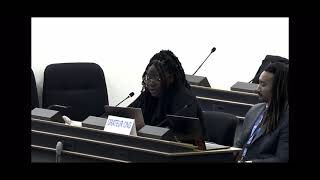27th Special Session of the Human Rights Council 5th December 2017
General Debate
Oral statement by:Ms. Lisa Marlen-Gronemeier
Thank you Mr. President,
This is a joint statement by EAFORD and Geneva International Centre for Justice. Thank you, Mr. President, While discrimination against the Rohingya minority in Myanmar has persisted in law and in practice throughout the decades, the abuse of the Rohingya community in Myanmar has reached an unprecedented gravity in recent months. The accounts of serious, widespread and systematic human rights violations accompanied by hate rhetoric committed in an organized manner by the Myanmar government, police, security forces and ordinary people against Rohingya based on their ethnic and religious belonging leaves no doubt that committed atrocity crimes amount to genocide as defined by the Rome Statute of the International Criminal Court and the Genocide Convention, with the intent to destroy, in whole or in part, the Rohingya community.
Therefore, it must be clear that the agreement reached between Myanmar and Bangladesh to repatriate the Rohingya cannot be implemented under the horrendous prevailing conditions: Proof of their residency in Myanmar has been revoked, invalidated, or denied. Rohingya have no home and no land to return to as their villages have been razed and their native lands rezoned and reallocated; criminal acts by security forces and vigilantism by citizens continue unabated. In light of the atrocities and horrors that the Rohingya people have lived and endured, all they would be returning to are haunting nightmares and a cruel reality beyond imagination.
Before any serious consideration of repatriation, UN mechanisms must ensure that the Rohingya are provided with full citizenship rights, including the rights to own a home, the right to work, the right to attend school and the right to access adequate healthcare. Their safety and security must be ensured: to this end, a UN peacekeeping force should be dispatched and safe zones should be created to oversee any future repatriation. It is only when these fundamental provisions are guaranteed that voluntary return in safety and dignity can be possible.
To this end, the Myanmar government must ensure full access of humanitarian agencies and human rights monitors, including the UN fact-finding mission, which should urgently investigate all crimes committed or refer the case to an independent tribunal such as the ICC to hold all perpetrators to account.
As the Myanmar government has hitherto failed to adequately address the committed atrocities, Member States must assume their responsibility under international law to counteract and prevent these acts of genocide. The international community must be unified in their fight against atrocities and urgently impose an arms embargo and military sanctions.
Thank you.








